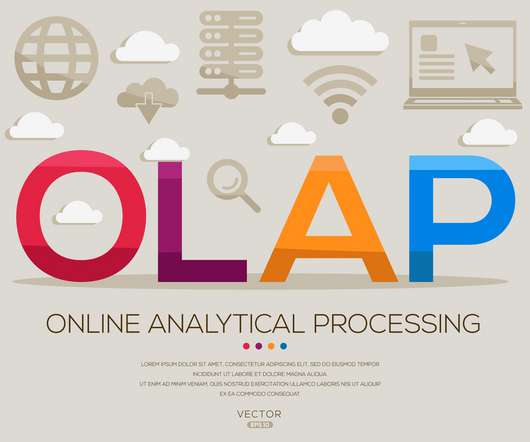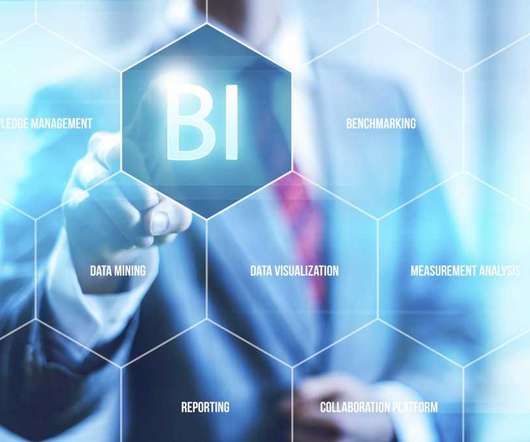What Are OLAP (Online Analytical Processing) Tools?
Smart Data Collective
JUNE 16, 2022
Data science is both a rewarding and challenging profession. One study found that 44% of companies that hire data scientists say the departments are seriously understaffed. Fortunately, data scientists can make due with fewer staff if they use their resources more efficiently, which involves leveraging the right tools.













Let's personalize your content